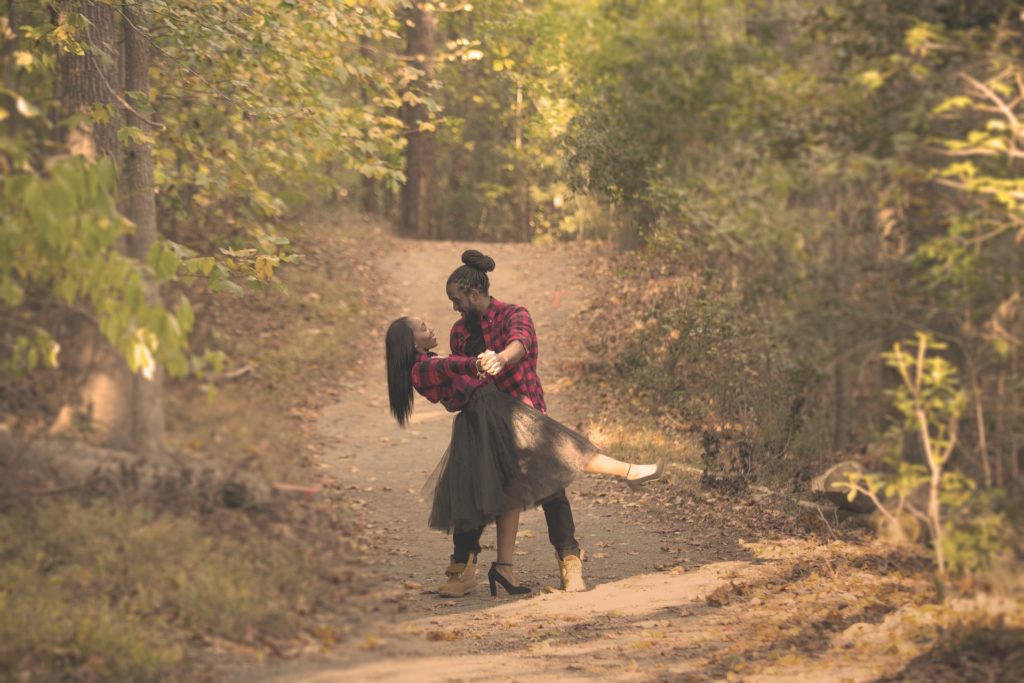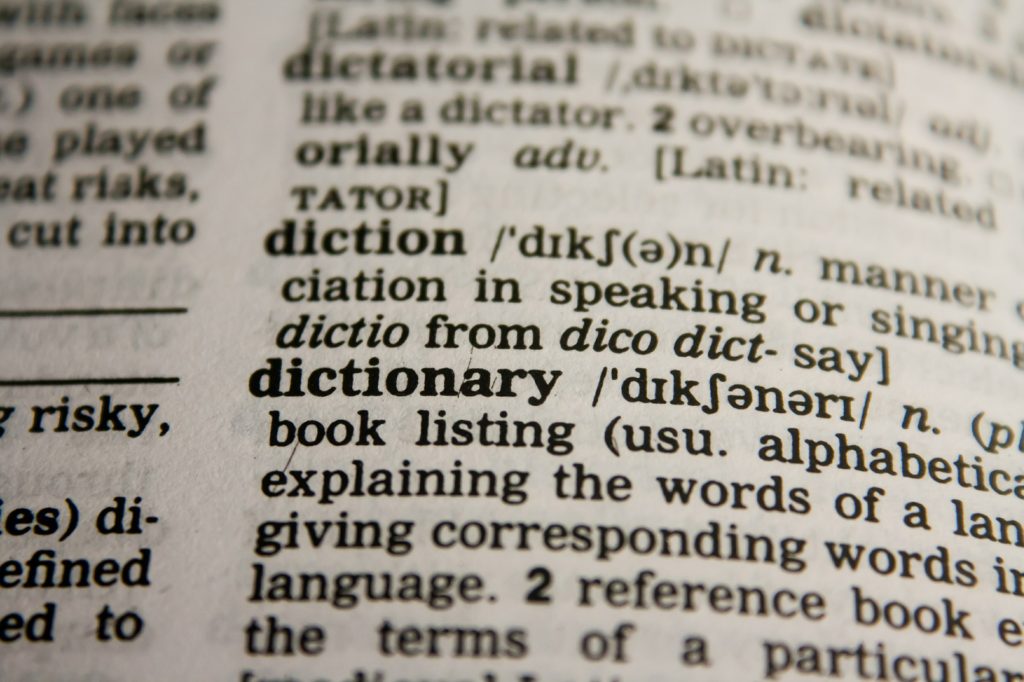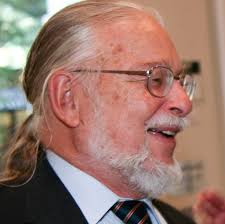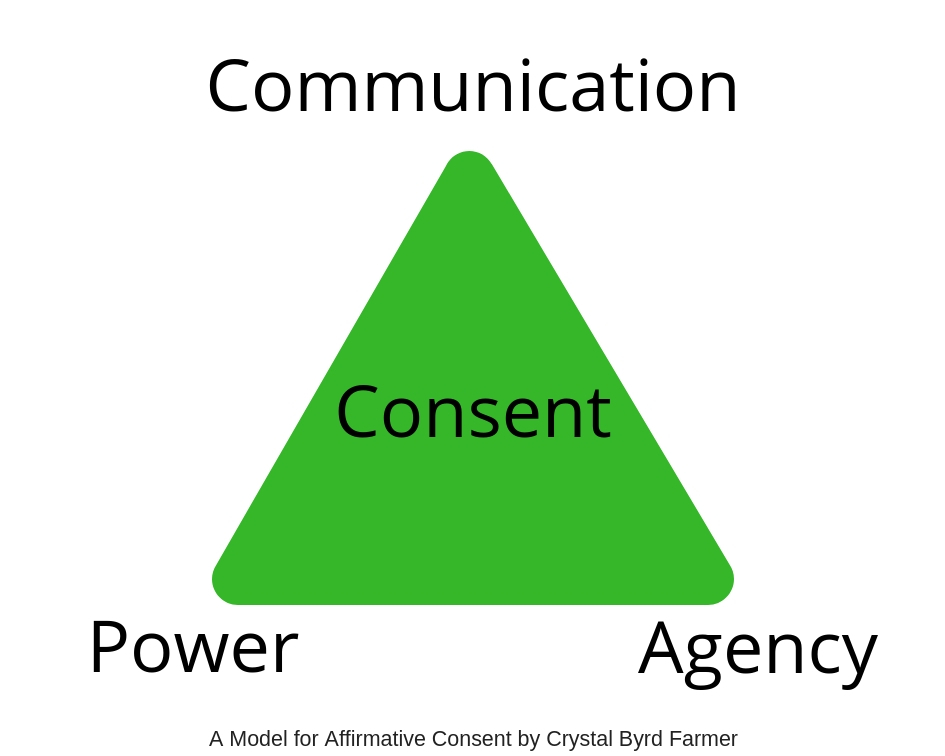Hierarchy, Anarchy, and Holidays

Les Hart talks about how she handles holidays as a relationship anarchist.
Marriage and Significant Relationships
When I first came to the polyamory community, I didn’t understand relationship anarchy and I didn’t understand egalitarian vs hierarchical poly. I didn’t understand what people meant when they advocated that romantic relationships not be more important than friendships. I believed in traditional monogamy and that the same ideas could be applied to non-monogamy. I believed that true love is defined by a relationship on the escalator that becomes more significant with time.
Growing up, we are taught that a man should leave his family of origin and cleave to his wife, creating his own family. It has been the rite of passage into adulthood for centuries. It is a social norm, what we are taught to desire and what we are told will make our lives complete. This marriage thereby creates a hierarchy where every other relationship is less important, except for possibly the relationship with one’s dependent children. The couples vow to remain together committed to their love, in sickness and in health, until death.
So upon transitioning from monogamy to polyamory, the idea is that relationships will progress in the same way with the same conclusion…that true, undying romantic love is symbolized by this commitment to be together forever. The more of the commitment, sacrifice, and longevity, the stronger the love or at least the evidence of it. This can be problematic for many different populations. For example, many LGBTQ people, especially questioning or closeted individuals have intimate relationships that might not follow the traditional progression. So based on these ideals, romantic relationships that don’t fall into this or that category or that are not on escalator progression are seen as less than valid.
Holidays and How to Measure Love
People have many ways to say I love you and show that someone is special to them. For example, holidays are those designated days that we use to show people we love them, ex. Valentine’s Day, Christmas. In the past, if my partner wasn’t available on a holiday, I did not feel like a priority to them. I felt that maybe I was “settling” or being used. I felt ashamed to care about someone who obviously didn’t care about me. I felt ashamed that my relationship had failed to meet societal expectations about what love should be. I felt ashamed for not asking for more, and with this it seemed that I was admitting to the universe that I was deserving of less.
Today, holidays are still important to me and I want to spend them with people I love. Therefore, as a single adult, I have found community that I can spend holidays with when I can’t make it home to be with my family of origin or when I don’t have a significant other.
That brings me to my question: If romantic love could be measured, how would we measure it? If we could write the love actions down and put them in a jar how would we know that our jar was full? Would we see holidays as optional, if we so desire, or as obligations to those we love?
Hierarchy and Anarchy
But if our relationships are seen on this hierarchy, where we judge their level of significance by things such as holidays, etc., what does that say about relationships where we don’t see our partners that often or where the connection may be primarily sexual? Or what about friends that sometimes have casual sex? These relationships are often seen as lacking in comparison to marriage and other committed relationships. But is it fair to judge the significance of these relationships based on longevity, milestones reached, time together on holidays, etc.? Relationship anarchists believe that the love they share cannot be quantified by how they spend holidays or anniversaries, because the absence of these things doesn’t make their love less.





